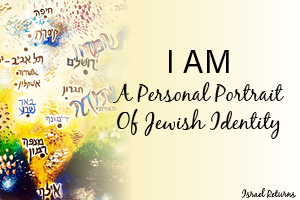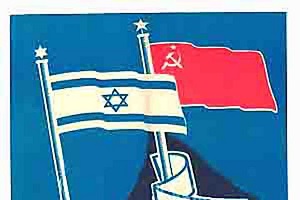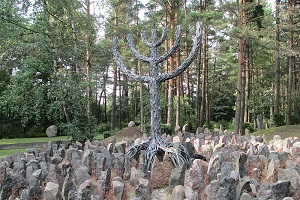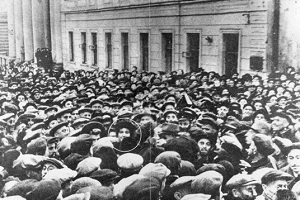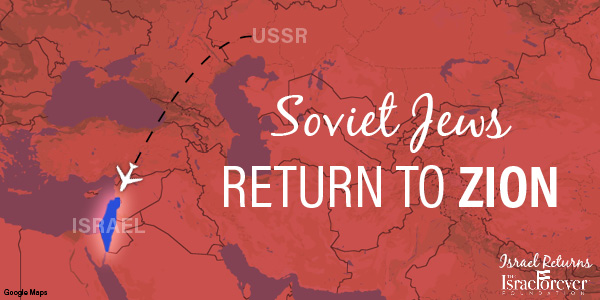Identity Politics: The Dual Sense of Self
This Israel Forever activity was designed to address the issues of political identity and the struggle of diaspora Jews who are often asked to choose between the land of their birth and the land of their heritage, Zion.
The activity is appropriate for teenagers and up.
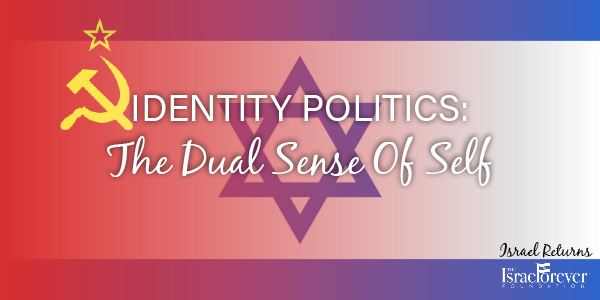
- Write on the board this quote.
“This is the oppressor’s language, yet I need it to talk to you.” ~ Adrienne Rich, poet - Introduction (read aloud)
Like Jews from other diaspora communities, Jews living in the former USSR were extremely marginalized. Years after the fall of the Soviet Union, Jews from Soviet countries are still referred to as “Soviet/Russian Jews”, by others and by themselves, wherever they live (Israel or the Diaspora). These Jews still speak Russian, eat Russian foods, sing Russian songs, read Russian books, watch the Russian news. - Discussion questions (can be conducted in either large or small groups) PRINT QUESTIONS HERE
- What does it mean to speak the “oppressor’s language”? For Jews, who is the oppressor?
- Why do you think that many still carry their Soviet identity embedded within their Jewish identity?
- Do you feel this “double identity” is unique to Russian Jews? If so, why? If not, why not?
- How do you think this is different for Soviet Jews living in Israel vs. Soviet Jews living in the Diaspora?
- Zionist records in the 1980s presented figures in the tens of thousands for the number of families who allegedly wished to emigrate to Israel. Why do you think this was? On the basis of what information do you think they came to the desire to leave the oppression of the Soviet Union for the struggles of building a life in a new country, new culture, and a reality of fighting for ones existence among unfriendly Arab neighbors?
- Do you feel that the language of the oppressor remains a part of current mainstream rhetoric? Is there something that you have experienced as a Jew that makes you feel this way?

